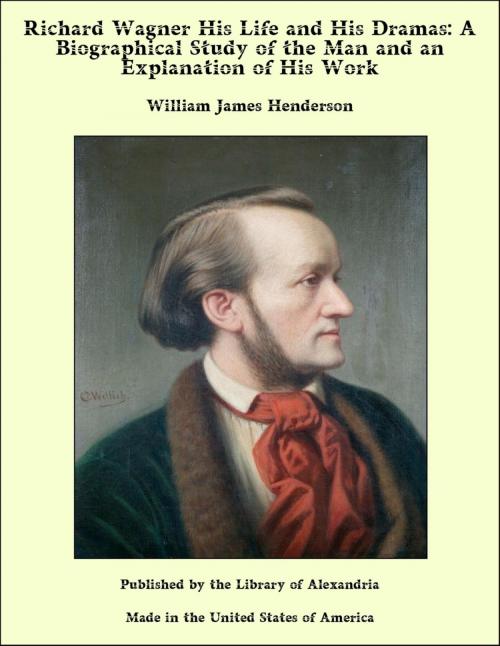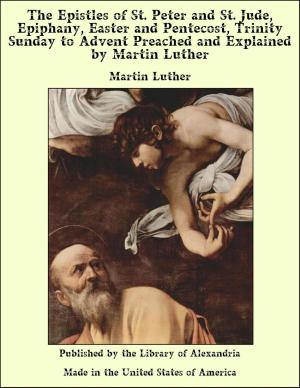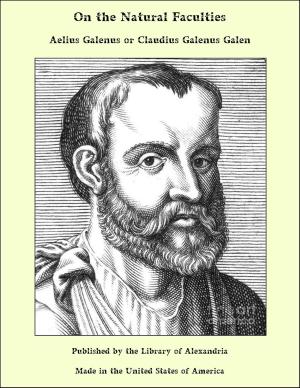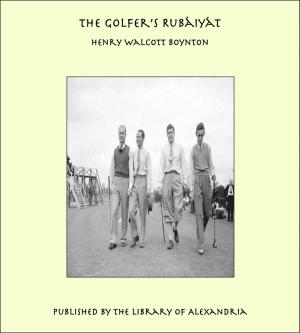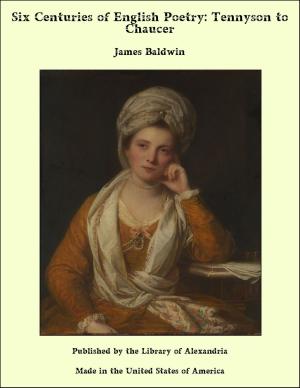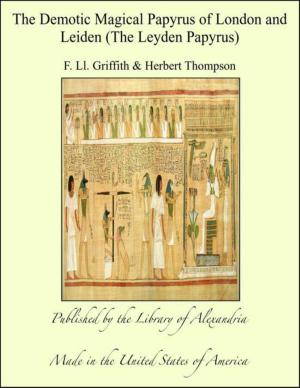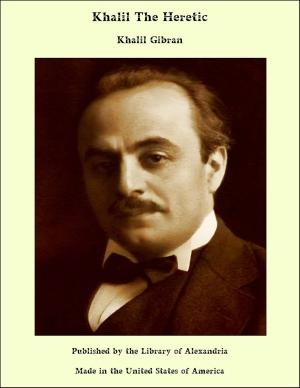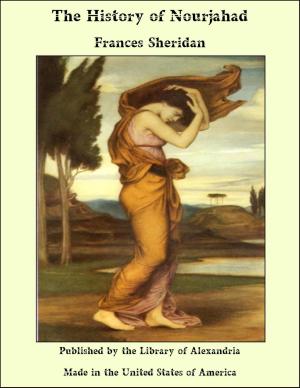Richard Wagner His Life and His Dramas: A Biographical Study of the Man and an Explanation of His Work
Nonfiction, Religion & Spirituality, New Age, History, Fiction & Literature| Author: | William James Henderson | ISBN: | 9781465614926 |
| Publisher: | Library of Alexandria | Publication: | March 8, 2015 |
| Imprint: | Language: | English |
| Author: | William James Henderson |
| ISBN: | 9781465614926 |
| Publisher: | Library of Alexandria |
| Publication: | March 8, 2015 |
| Imprint: | |
| Language: | English |
The purpose of this book is to supply Wagner lovers with a single work which shall meet all their needs. The author has told the story of Wagner's life, explained his artistic aims, given the history of each of his great works, examined its literary sources, shown how Wagner utilised them, surveyed the musical plan of each drama, and set forth the meaning and purpose of its principal ideas. The work is not intended to be critical, but is designed to be expository. It aims to help the Wagner lover to a thorough knowledge and understanding of the man and his works. The author has consulted all the leading biographies, and for guidance in the direction of absolute trustworthiness he is directly indebted to Mme. Cosima Wagner, whose suggestions have been carefully observed. He is also under a large, but not heavy, burden of obligation to Mr. Henry Edward Krehbiel, musical critic of The New York Tribune, who carefully read the manuscript of this work and pointed out its errors. The value of Mr. Krehbiel's revision and his hints cannot be over-estimated. Thanks are also due to Mr. Emil Paur, conductor of the Philharmonic Society, of New York, for certain inquiries made in Europe. The records of first performances have been prepared with great care and with no little labour. For the dates of those at most of the European cities the author is indebted to an elaborate article by E. Kastner, published in the Allgemeine Musik. Zeitung, of Berlin, for July and August, 1896. The original casts have been secured, as far as possible, from the programmes. For that of the "Flying Dutchman" at Dresden—incorrectly given in many books on Wagner—the author is indebted to Hofkapellmeister Ernst von Schuch, who obtained it from the records of the Hoftheater. The name of the singer of the Herald in the first cast of "Lohengrin," missing in all the published histories, was supplied by Hermann Wolff, of Berlin, from the records of Weimar. The casts of first performances in this country are not quite complete, simply because the journalists of twenty-five years ago did not realise their obligations to posterity. The casts were not published in full. The records have disappeared. The theatres in some cases—as in that of the Stadt—have long ago gone out of existence and nothing can be done. As far as given the casts are, the author believes, perfectly correct.
The purpose of this book is to supply Wagner lovers with a single work which shall meet all their needs. The author has told the story of Wagner's life, explained his artistic aims, given the history of each of his great works, examined its literary sources, shown how Wagner utilised them, surveyed the musical plan of each drama, and set forth the meaning and purpose of its principal ideas. The work is not intended to be critical, but is designed to be expository. It aims to help the Wagner lover to a thorough knowledge and understanding of the man and his works. The author has consulted all the leading biographies, and for guidance in the direction of absolute trustworthiness he is directly indebted to Mme. Cosima Wagner, whose suggestions have been carefully observed. He is also under a large, but not heavy, burden of obligation to Mr. Henry Edward Krehbiel, musical critic of The New York Tribune, who carefully read the manuscript of this work and pointed out its errors. The value of Mr. Krehbiel's revision and his hints cannot be over-estimated. Thanks are also due to Mr. Emil Paur, conductor of the Philharmonic Society, of New York, for certain inquiries made in Europe. The records of first performances have been prepared with great care and with no little labour. For the dates of those at most of the European cities the author is indebted to an elaborate article by E. Kastner, published in the Allgemeine Musik. Zeitung, of Berlin, for July and August, 1896. The original casts have been secured, as far as possible, from the programmes. For that of the "Flying Dutchman" at Dresden—incorrectly given in many books on Wagner—the author is indebted to Hofkapellmeister Ernst von Schuch, who obtained it from the records of the Hoftheater. The name of the singer of the Herald in the first cast of "Lohengrin," missing in all the published histories, was supplied by Hermann Wolff, of Berlin, from the records of Weimar. The casts of first performances in this country are not quite complete, simply because the journalists of twenty-five years ago did not realise their obligations to posterity. The casts were not published in full. The records have disappeared. The theatres in some cases—as in that of the Stadt—have long ago gone out of existence and nothing can be done. As far as given the casts are, the author believes, perfectly correct.
